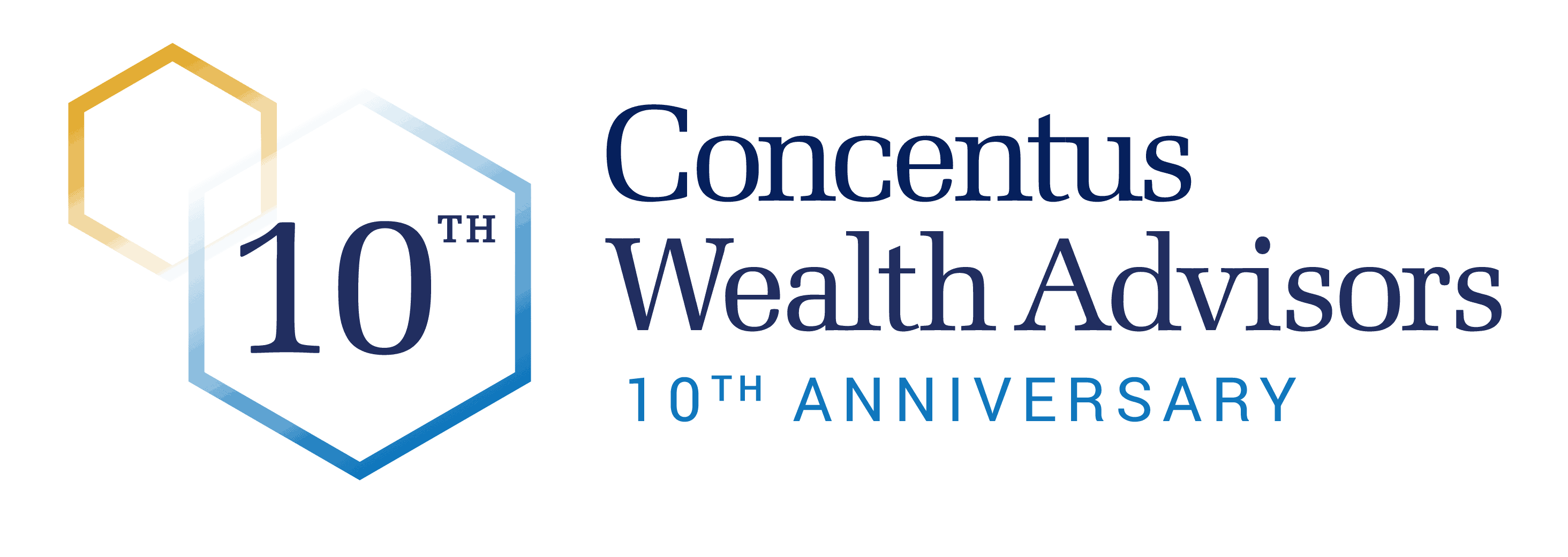When people think of financial planning, they rightfully think about important things like investments, retirement accounts, tax planning, education funding, saving, spending, and more. However, many people tend to forget about the other side of the coin—risk. I am not referring to investment risk, which is an entirely different subject, but rather, everyday risks that we are all subject to that can significantly derail any well-thought-out financial plan. These include car accidents, natural disasters, thefts, lawsuits, disability, and death. Not fun topics, of course, but ones that you need to discuss so you can protect yourself and your family if one of these unfortunate events happen.
There are many ways to deal with risk, most notably risk avoidance—I don’t go near snakes or go bungee jumping—and risk acceptance—I leave the house, drive, and fly on a commercial airplane. We cannot avoid all risks, nor should we, but we can plan for many of these things in advance by transferring the cost of the risks we face.
Risk transfer is an important tool in financial planning, and mainly comes in the form of insurance. Insurance is basically a tool for transferring the financial cost of a risk to another company in exchange for compensation: You pay an insurance company a monthly premium in exchange for a payment from the company in the event, for example, a tree falls on your home.
Below is a very brief list of things you should consider when it comes to risk.
Estate Planning
Regardless of your net worth, you should do some level of planning for your estate after you pass away. Of course, nobody wants to think about it, which is why many people neglect it altogether. In reality, this planning is not for you, it is for your family. I usually start a client conversation about risk with, “If you got hit by a bus last night, what do you want today to look like.” If you have someone who depends on you, preparing for this ultimate risk is essential.
Life insurance is intended to replace lost income and savings that you would have accrued if you had not passed away. There are many ways to calculate the right amount, but it is usually based on replacing a certain amount of annual income lost and/or paying off current debts. The basic idea is to let your family grieve without having to worry about a financial loss as well.
Income Protection
While planning for an untimely death is what most people focus on under the risk topic, statistically speaking, you are more likely to be disabled in some way—i.e., a car accident, stroke, etc.—that leaves you unable to work. In this case, of course, the bills keep coming, and may increase for medical care. Therefore, disability insurance to replace lost income is critical.
While you may have some level of coverage through your workplace, the amount probably won’t cover all of your needs, so most experts usually recommend an individual policy to supplement it. You can typically only acquire enough coverage to replace about 60 percent of your current income.
Asset Protection
This area of protection, often called property and casualty insurance, is usually required, so most of us have it. Asset protection includes homeowner’s insurance, car insurance, and liability (umbrella) coverage. The key to homeowner’s and auto insurance is knowing what it does and doesn’t cover. You also want to make sure that the coverage meets your current lifestyle.
The last thing you want is for an event to occur, a burst pipe for instance, and then find out the resulting damage or loss was not covered or was insufficiently covered. Our lives and possessions constantly change, so insurance coverages should be evaluated annually to ensure they reflect your current circumstances. General liability coverage is also often overlooked. This doesn’t cover your own costs but protects existing assets or future assets against the cost of losing a lawsuit.
Health Planning
Regardless of where you get your health insurance coverage, through your workplace, the individual exchanges, or Medicare, the plan should be evaluated on an annual basis. Much like the commentary on the other types of insurance, it needs to match your family’s specific needs. While in some cases there is very little flexibility, through a workplace, for example, other sources of insurance allow for plan choices, especially Medicare, which is not widely understood. Whether your dependent status or prescription drug needs change, it’s critical to keep your plan updated to meet your needs.
Notice that the above doesn’t discuss in detail, nor recommend, any specific products. Each type of coverage has numerous options and features to evaluate, so ensure you have an experienced advisor to help navigate the marketplace. Further, every family’s situation is unique. The right product is the one that suits your specific needs—just because a product may be great, it doesn’t mean it’s right for you. Please consult not only an insurance agent to acquire these coverages, but also your financial planner to ensure it is coordinated with your financial plan.

